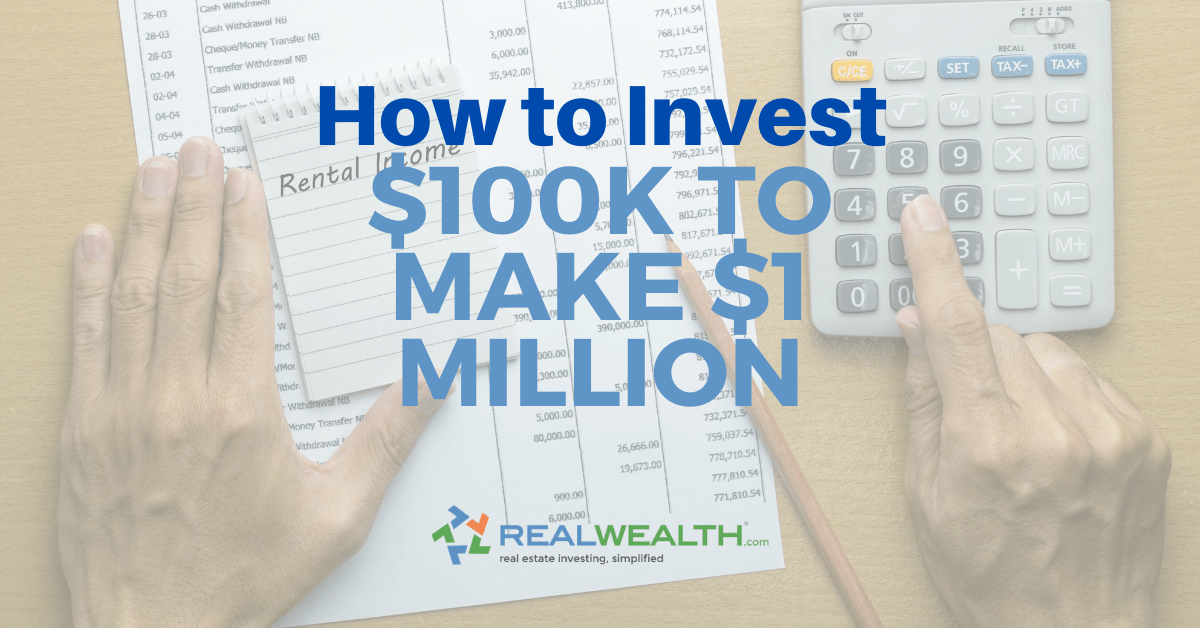
The process of applying for a real-estate license can be overwhelming and stressful. A number of courses will be required, as well as passing an exam and finding a broker sponsor. It is not an easy task. However, it is worthwhile if you are willing to work hard and be motivated.
To get your Texas Real Estate Commission (TREC), application is the first step. You can submit your online application at myLicenseTexas.com. This will cover both the cost of your application as well a $10 contribution to the Texas Real Estate Recovery Fund.
Once you submit your application, you will be able select the date and place for your realty exam. The exam should be scheduled at minimum four weeks in advance. Also, you need to give yourself sufficient time to prepare. The exam is broken into a state-specific section and a national section, which each take up about four hours.
You will take several real estate classes as part of your pre-license program. This will allow you to master the fundamentals necessary to obtain your Texas real property license. These classes will help you understand the basics of real estate law and ethics.

The course will also teach you about Texas' market and what it is like to be an agent. Additionally, you'll learn how to market yourself to potential clients and other professionals.
The different types and uses of real estate will be covered, including residential and commercial. Additionally, you will learn how to use CRMs and other marketing tools to make your business stand out from the rest.
Once you've completed all of the necessary courses and passed your background check, it's time to start applying for a real estate license in Texas. The Texas Real Estate Commission (TREC) will process your application and email you an eligibility letter that you can use to make a reservation for the Texas licensing exam.
Before you can sit to take the exam you will need fingerprints and a criminal background report. This information is needed to determine if any of your previous convictions have resulted in you being unable to hold a license.
It is not uncommon for new realtors to encounter difficulties with Texas licensing. The good news is that there's an easy way to overcome these challenges.

A license you have in Texas can be transferred to a person who has a real-estate license. While you'll need to complete the entire licensing process over again, it's faster than if everything was done completely from scratch.
Once you've received your eligibility letter from TREC, it's time to find a course that'll help you prepare for the license exam. A quality pre-license course will include practice tests and will be scientifically proven to be one of the best ways to study for your Texas real estate license.
FAQ
What should you look for in an agent who is a mortgage lender?
Mortgage brokers help people who may not be eligible for traditional mortgages. They shop around for the best deal and compare rates from various lenders. This service is offered by some brokers at a charge. Others offer no cost services.
How much does it take to replace windows?
Window replacement costs range from $1,500 to $3,000 per window. The cost of replacing all your windows will vary depending upon the size, style and manufacturer of windows.
What is the average time it takes to sell my house?
It depends on many different factors, including the condition of your home, the number of similar homes currently listed for sale, the overall demand for homes in your area, the local housing market conditions, etc. It takes anywhere from 7 days to 90 days or longer, depending on these factors.
Can I buy my house without a down payment
Yes! There are programs available that allow people who don't have large amounts of cash to purchase a home. These programs include FHA, VA loans or USDA loans as well conventional mortgages. Check out our website for additional information.
What should I consider when investing my money in real estate
It is important to ensure that you have enough money in order to invest your money in real estate. If you don’t save enough money, you will have to borrow money at a bank. It is also important to ensure that you do not get into debt. You may find yourself in defaulting on your loan.
Also, you need to be aware of how much you can invest in an investment property each month. This amount must include all expenses associated with owning the property such as mortgage payments, insurance, maintenance, and taxes.
It is important to ensure safety in the area you are looking at purchasing an investment property. It would be a good idea to live somewhere else while looking for properties.
Statistics
- 10 years ago, homeownership was nearly 70%. (fortunebuilders.com)
- Some experts hypothesize that rates will hit five percent by the second half of 2018, but there has been no official confirmation one way or the other. (fortunebuilders.com)
- When it came to buying a home in 2015, experts predicted that mortgage rates would surpass five percent, yet interest rates remained below four percent. (fortunebuilders.com)
- The FHA sets its desirable debt-to-income ratio at 43%. (fortunebuilders.com)
- This means that all of your housing-related expenses each month do not exceed 43% of your monthly income. (fortunebuilders.com)
External Links
How To
How to Manage a Property Rental
Although renting your home is a great way of making extra money, there are many things you should consider before you make a decision. We'll show you what to consider when deciding whether to rent your home and give you tips on managing a rental property.
Here's how to rent your home.
-
What is the first thing I should do? Before you decide if your house should be rented out, you need to examine your finances. If you have debts, such as credit card bills or mortgage payments, you may not be able to afford to pay someone else to live in your home while you're away. You should also check your budget - if you don't have enough money to cover your monthly expenses (rent, utilities, insurance, etc. This might be a waste of money.
-
How much does it cost for me to rent my house? There are many factors that go into the calculation of how much you can charge to let your home. These include factors such as location, size, condition, and season. Prices vary depending on where you live so it's important that you don't expect the same rates everywhere. Rightmove reports that the average monthly market price to rent a one-bedroom flat is around PS1,400. This would translate into a total of PS2,800 per calendar year if you rented your entire home. This is a good amount, but you might make significantly less if you let only a portion of your home.
-
Is it worthwhile? Although there are always risks involved in doing something new, if you can make extra money, why not? You need to be clear about what you're signing before you do anything. It's not enough to be able to spend more time with your loved ones. You'll need to manage maintenance costs, repair and clean up the house. Before you sign up, make sure to thoroughly consider all of these points.
-
Is there any benefit? You now know the costs of renting out your house and feel confident in its value. Now, think about the benefits. You have many options to rent your house: you can pay off debt, invest in vacations, save for rainy days, or simply relax from the hustle and bustle of your daily life. Whatever you choose, it's likely to be better than working every day. If you plan ahead, rent could be your full-time job.
-
How do I find tenants? After you have decided to rent your property, you will need to properly advertise it. Online listing sites such as Rightmove, Zoopla, and Zoopla are good options. Once potential tenants reach out to you, schedule an interview. This will help to assess their suitability for your home and confirm that they are financially stable.
-
What can I do to make sure my home is protected? If you're worried about leaving your home empty, you'll need to ensure you're fully protected against damage, theft, or fire. You'll need to insure your home, which you can do either through your landlord or directly with an insurer. Your landlord will likely require you to add them on as additional insured. This is to ensure that your property is covered for any damages you cause. This does not apply if you are living overseas or if your landlord hasn't been registered with UK insurers. In this case, you'll need to register with an international insurer.
-
It's easy to feel that you don't have the time or money to look for tenants. This is especially true if you work from home. Your property should be advertised with professionalism. You should create a professional-looking website and post ads online, including in local newspapers and magazines. It is also necessary to create a complete application form and give references. Some people prefer to do the job themselves. Others prefer to hire agents that can help. You'll need to be ready to answer questions during interviews.
-
What should I do once I've found my tenant? If you have a contract in place, you must inform your tenant of any changes. You may also negotiate terms such as length of stay and deposit. It's important to remember that while you may get paid once the tenancy is complete, you still need to pay for things like utilities, so don't forget to factor this into your budget.
-
How do I collect the rent? When it comes to collecting the rent, you will need to confirm that the tenant has made their payments. If they haven't, remind them. Any outstanding rents can be deducted from future rents, before you send them a final bill. If you're struggling to get hold of your tenant, you can always call the police. They won't normally evict someone unless there's been a breach of contract, but they can issue a warrant if necessary.
-
How do I avoid problems? While renting out your home can be lucrative, it's important to keep yourself safe. Install smoke alarms, carbon monoxide detectors, and security cameras. You should also check that your neighbors' permissions allow you to leave your property unlocked at night and that you have adequate insurance. You must also make sure that strangers are not allowed to enter your house, even when they claim they're moving in the next door.